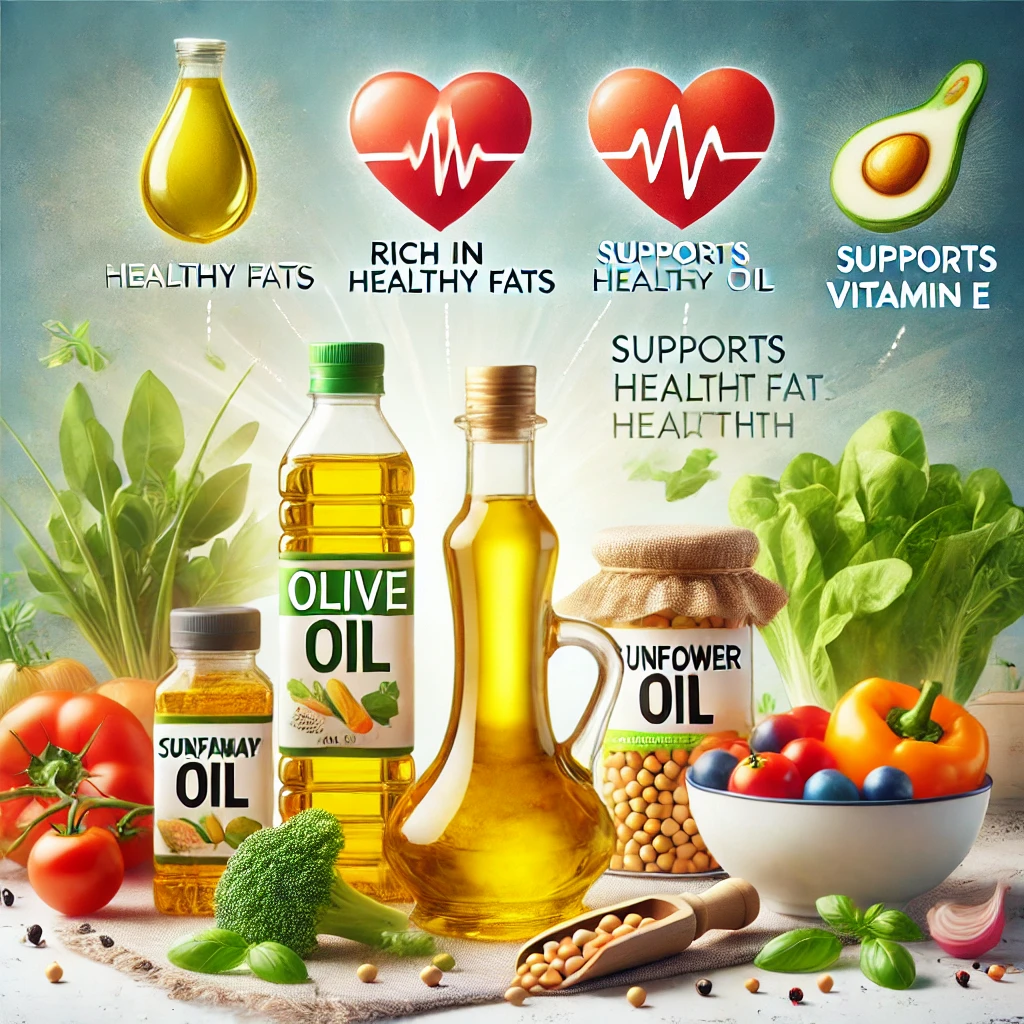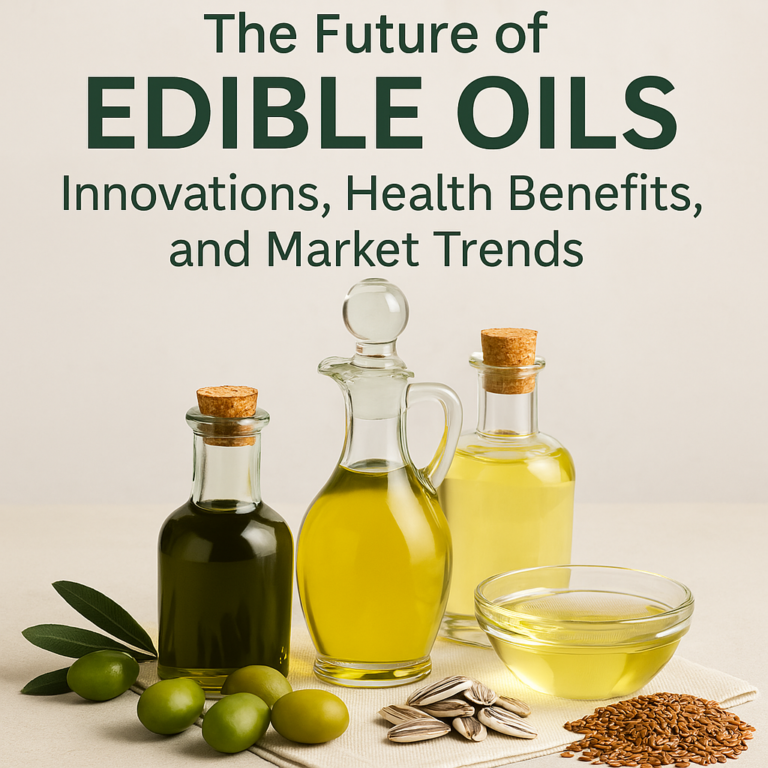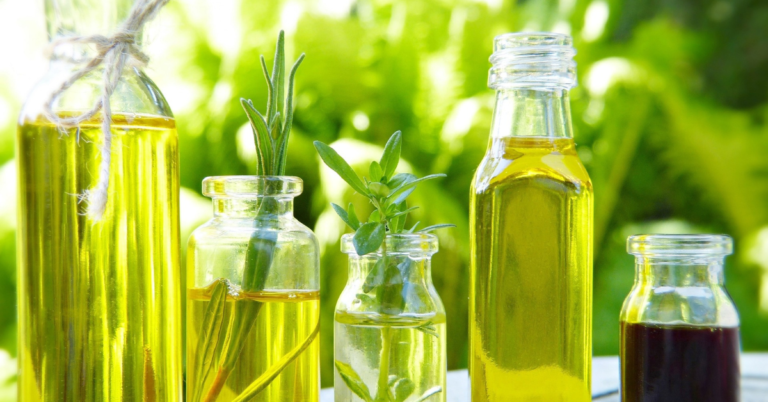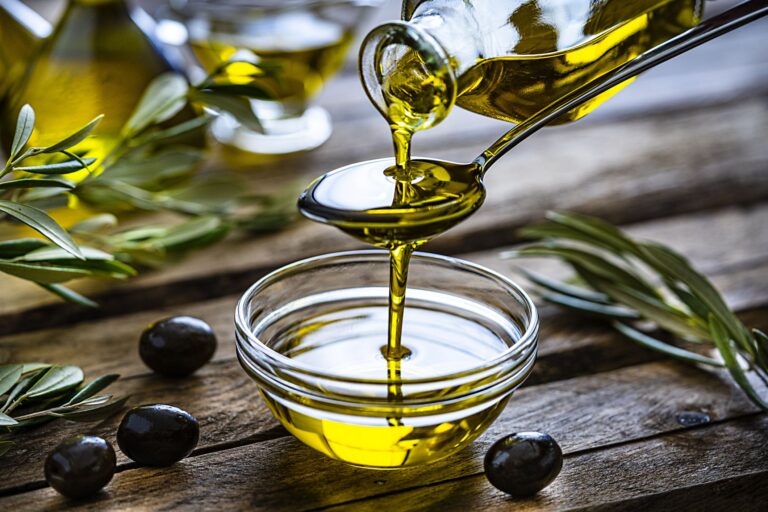
Picture this: It’s a sunny morning, and you’re in your kitchen making breakfast. You reach for the bottle of vegetable oil sitting neatly on the counter. It’s a staple in almost every household, a key ingredient for frying, baking, or even as a base for salad dressings. But have you ever stopped to wonder—what does this oil really do for your health? Is it just a cooking medium, or is there more to it?
The truth is, vegetable oil is more than just a kitchen essential. Packed with nutrients, it can play a significant role in supporting your overall well-being. In this blog, we’ll explore the health benefits of vegetable oil, look at some interesting stats ensuring that the oil you consume is as good for you as it is versatile.
The Nutritional Power of Vegetable Oil
Vegetable oil, one of the most consumed types of edible oil worldwide, is extracted from various plant sources like soybeans, sunflowers, corn, and canola. These types of edible oil are essential not just for cooking but also for maintaining health due to their nutrient-rich composition, providing healthy fats, vitamins, and energy to support overall well-being.
- Rich in Healthy Fats
Vegetable oil contains unsaturated fats, which are considered “good fats.” These include monounsaturated and polyunsaturated fats. According to the American Heart Association, replacing saturated fats with unsaturated fats can reduce bad cholesterol levels and lower the risk of heart disease. - Source of Vitamin E
Many vegetable oils, such as sunflower and soybean oil, are excellent sources of vitamin E, a powerful antioxidant. Vitamin E helps protect cells from damage, supports immune function, and promotes healthy skin. - Omega-3 and Omega-6 Fatty Acids
Certain vegetable oils, like canola oil, are rich in omega-3 fatty acids. These are essential for brain health, reducing inflammation, and lowering the risk of chronic diseases. Omega-6 fatty acids, found in soybean oil, play a vital role in brain function and normal growth. - Energy Booster
Vegetable oils are calorie-dense, providing a quick source of energy. While moderation is key, this makes them a great option for people with high energy needs, such as athletes.
Health Benefits Backed by Data
Vegetable oil, commonly used in edible oil refining processes, has proven benefits. For instance:
- Heart Health: A study in Circulation shows that replacing saturated fats with unsaturated fats from edible oil can lower the risk of heart disease by up to 30%.
- Brain Function: Oils like canola oil, which are part of refined edible oils, are packed with omega-3 fatty acids, essential for brain health and reducing the risk of memory loss.
- Brain Function: Omega-3 fatty acids, abundant in canola oil, are crucial for cognitive function. A report from Harvard University suggests that people who include omega-3-rich oils in their diet have a lower risk of developing dementia or memory-related issues.
The Story of Vegetable Oil in Your Daily Life
Think back to your last family dinner. The crispy fried snacks, the rich curry, or even that moist, perfectly baked cake—vegetable oil played a part in all of it. It’s one of those ingredients we take for granted, but its role goes far beyond taste. It nourishes, fuels, and supports your body, often without you even realizing it.
For instance, sunflower oil is a popular choice for Indian households. It’s light, has a high smoke point, and blends well with spices. But did you know it’s also helping your heart and skin stay healthy? Small choices like this add up over time, making a big difference to your well-being.
Choosing the Right Vegetable Oil
When choosing an edible oil for your kitchen, consider oils that retain nutrients after refining. Here are some examples:
- Sunflower Oil: A light, versatile, and most consumed edible oil in many households, rich in vitamin E.
- Soybean Oil: A popular choice in edible oil refining, known for its omega-6 fatty acid content.
- Canola Oil
- A good source of omega-3 fatty acids.
- Perfect for baking and light frying.
- Corn Oil
- Contains phytosterols, which help reduce cholesterol.
- Suitable for frying and grilling.
When choosing a vegetable oil, look for options that are minimally processed. Cold-pressed oils are a great choice because they retain more nutrients.
Tips for Getting the Most Out of Vegetable Oil
Here are some practical tips to help you maximize the health benefits of vegetable oil:
- Use the Right Amount:
While vegetable oil is healthy, it’s also calorie-dense. Use it sparingly to avoid unnecessary weight gain. - Store It Properly:
Keep your oil in a cool, dark place to prevent it from going rancid. This ensures that the nutrients stay intact. - Don’t Overheat It:
Avoid heating vegetable oil beyond its smoke point. Overheating can break down the oil and release harmful compounds. - Pair It with Healthy Foods:
Use vegetable oil to prepare dishes rich in vegetables, whole grains, and lean proteins. This enhances the overall nutritional value of your meals.
Myths About Vegetable Oil—Busted
There’s a lot of misinformation out there about vegetable oils. Let’s set the record straight on a few common myths:
- Myth 1: All fats are bad for you.
Truth: Unsaturated fats, like those in vegetable oils, are essential for heart health and brain function. - Myth 2: Vegetable oils cause weight gain.
Truth: It’s not the oil but the quantity that matters. Moderation is key. - Myth 3: Refined oils are always bad.
Truth: While cold-pressed oils are healthier, some refined oils still retain essential nutrients when processed properly.
Wrapping It Up
Vegetable oil isn’t just a cooking ingredient—it’s a source of essential nutrients that support your heart, brain, and overall health. From reducing cholesterol levels to improving skin elasticity, the benefits of vegetable oil are backed by science and evident in everyday life. However, not all oils are created equal. The type of oil you choose and how it’s processed can make a big difference.
So, the next time you drizzle oil over your salad or fry up a quick snack, think about the power of that humble bottle of vegetable oil. Are you making the most of its benefits? What changes could you make today to improve your health with better oil choices?



